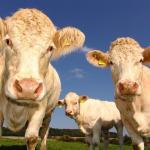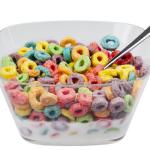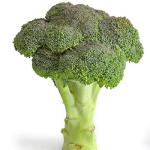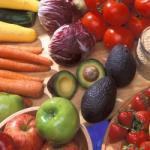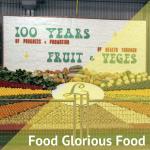Our friend, the telomere
nutrition
I wrote an article several months ago about a controversial study suggesting that red meat wasn’t all that bad. You can find it here.
Acai breakfast bowls are available in every trendy smoothie and juice bar, but if you haven’t partaken in this particular superfood fad yet, you haven’t missed out. Turns out acai bowls don’t actually make a healthy start to the day after all.
JAMA reports a new study from the National Health and Nutrition Examination Survey (NHANES) looking at the changes in our national diet.
The headline is not exaggeration or hyperbole. Scientific American just ran an article claiming that vegetables are becoming like sugary snacks and are toxic. And that's not even the worst part.
Just about every health guru on the planet, as well as many respected science organizations, has their advice regarding purported inflammatory and anti-inflammatory foods and their purported role in the prevention or development of a myriad of dis
We all know the basics of healthy living, eat right, get enough sleep, move around. But it can be hard to get enough sleep if your homeless, tough to eat right if you live in a “food desert,” and well, at least you can move around.
I must be psychic. (And before you ask, no, we aren't getting paid by the dairy industry.)
One day, coffee causes cancer; the next, it cures cancer. One day, wine is good for you; the next it kills you. Given its self-contradictory wishy-washiness, can nutrition science be trusted?
As a glass half full and “why limit your world view to a glass anyway” kind of person, I am always partial to common sense tips that allow us to enjoy holidays by keeping us safe while not preoccupying us with endless worry.
